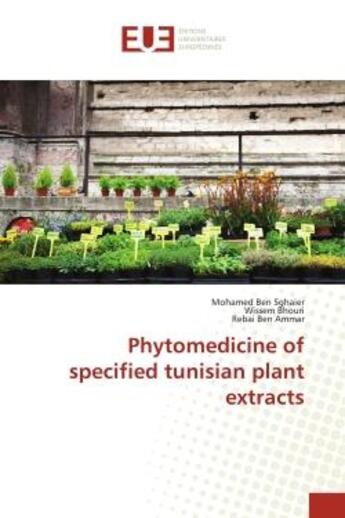Résumé:
Medicinal and spice plants, which are well known for their pharmacological activity, contain many substances that exhibit radical scavenging properties. Epidemiological studies have shown that many of these antioxidant compounds may possess antiinflammatory, antiatherosclerotic, antitumor,... Voir plus
Medicinal and spice plants, which are well known for their pharmacological activity, contain many substances that exhibit radical scavenging properties. Epidemiological studies have shown that many of these antioxidant compounds may possess antiinflammatory, antiatherosclerotic, antitumor, antimutagenic, anticarcinogenic, antibacterial or antiviral activities to a greater or smaller extent. The intake of natural antioxidants has been associated with reduced risks of cancer, cardiovascular disease, diabetes, and other diseases associated with ageing. The genus Rhamnus (Rhamnaceae), which is encountered both in temperate and in tropical countries, includes well-known medicinal species possessing various biological properties. Moreover, Pistacia lentiscus L. is an evergreen member of the Anacardiaceae family, largely distributed in 'extreme' ecosystems of the Mediterranean Basin that are characterized by nutrient and water scarcity and are exposed to long periods of high solar radiation and high temperatures. Previous studies have shown potent antioxidant, free radical scavenging, antimutagenic and antigenotoxic activities of the digallic acid compound from Pistacia lentiscus L. fruit
Donner votre avis















